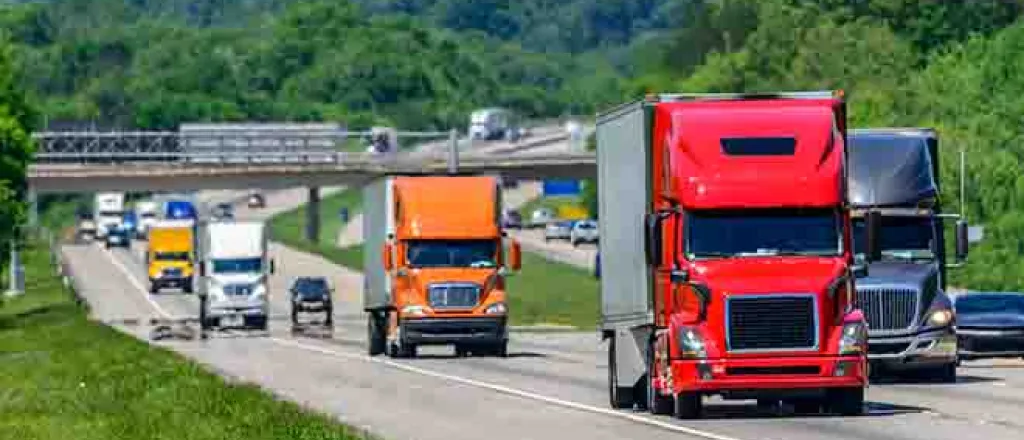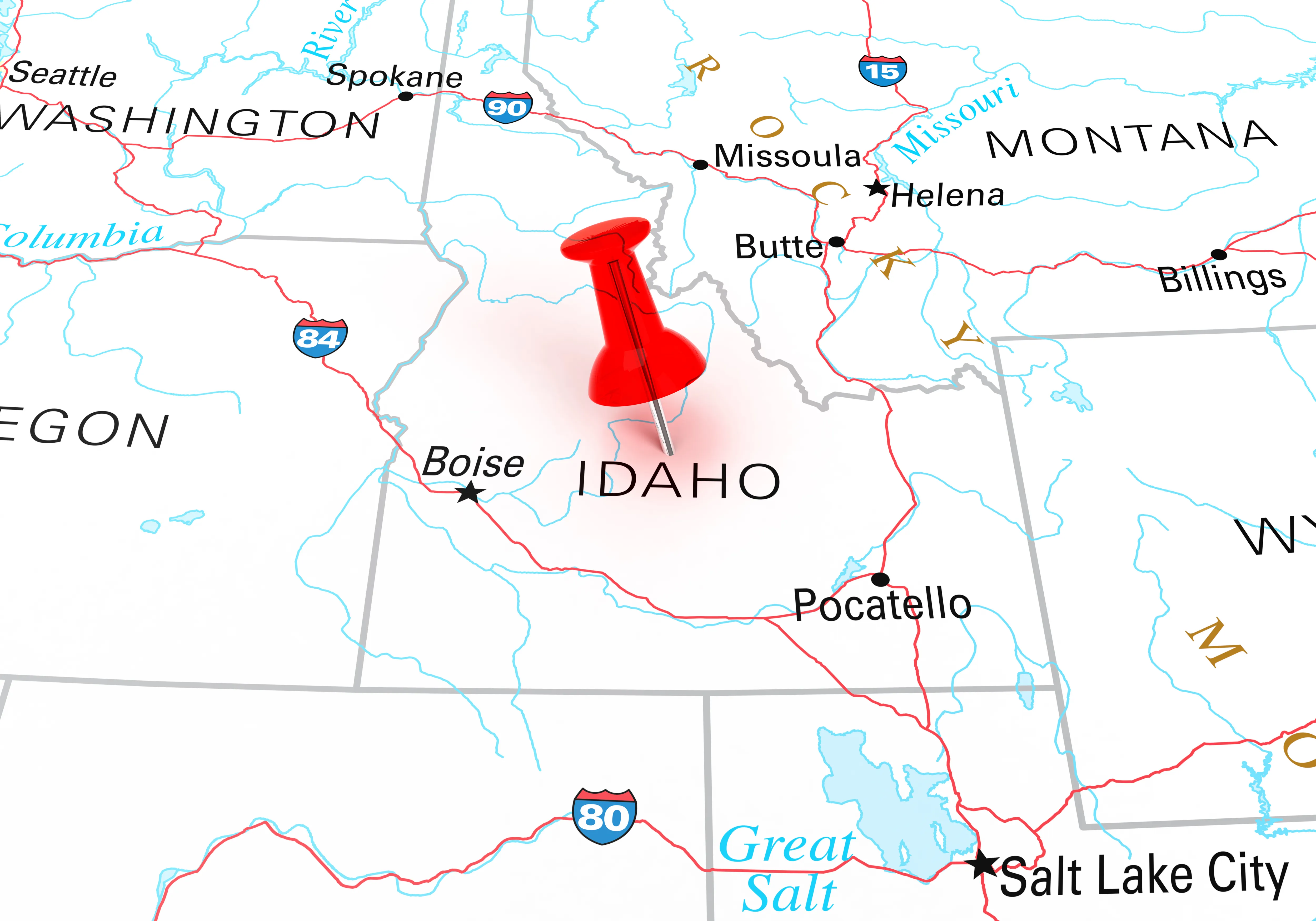
Heavy-duty trucks: Rolling toward electric power?
Click play to listen to this article.
(Michigan News Connection) While lawmakers and environmental groups strive to lower vehicle emissions and the nation's carbon footprint, many truckers see unrealistic timeframes for new Environmental Protection Agency rules for heavy-duty truck emissions.
Some believe the EPA's push is an attempt to force people into buying electric vehicles, despite the cost and lack of a national charging infrastructure for commercial vehicles.
John Boesel is CEO of the nonprofit CALSTART, which he said has come up with a roadmap to achieving such a network. Boesel is convinced the nation needs to move faster to make an impact on climate change.
"In the future," he said, "we can see a society where we have trucks rolling around with zero emission and zero noise, truck drivers being much happier driving an electric truck, and benefiting communities that have been hard hit by diesel pollution and emissions."
Boesel said today's fleets are exposed to the volatility of the global oil markets, but that would change if they're powered by hydrogen or electricity. He added the Biden administration has an opportunity to make progress in supporting communities that have been disproportionately affected by diesel trucking and pollution.
Hilary Lewis, steel director at Industrious Labs, a group working to decarbonize heavy industry, said Detroit is well positioned to lead on "clean steel" and vehicles, with its robust supply chain and manufacturing capacity. She said the Inflation Reduction Act provides funding for clean steel facilities.
"The auto industry, they have a huge stake in the future of clean steel," she said. "If they were to wake up one day and decide, 'We need clean steel, we need to reduce the embodied emissions of our vehicle,' that would send a huge market signal to steel companies."
Ryan Gaul, president for commercial vehicles at Workhorse, which manufactures EVs in the Midwest, said decarbonizing supply chains has been a priority for a while now, but when it comes to making heavy-duty electric trucks, the regulations are what's missing.
"EVs are a competitive technology; that range is not really a problem anymore, and the benefits of the transition to EV have great effects - not just for the environment, but also for the creation of jobs," said Gaul. "Now, what we're doing in our company is, we're bringing jobs back to the Midwest."
Gaul said he also thinks investment in the public sector would help speed up the transition.
















